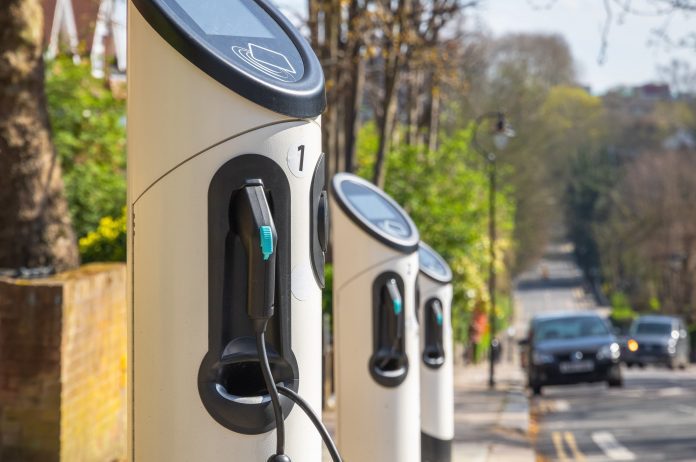New Jersey officials have reported that residents looking to buy or lease an EV won’t be able to temporarily since the state’s program has already run out of funds.
According to the state’s Board of Public Utilities, the Charge Up New Jersey program has disputed an estimated $35 million for the fiscal year ending in July. The initiative was put on hold by the board on April 17 because, given the application approval rate and eligible vehicle orders, all of the financings that have been committed will soon be disbursed.
Now in its third year, the program offers residents up to $4,000 after purchasing or leasing an EV immediately. The average price of an EV is more than $58,000, according to Kelly Blue Book. Which makes them out of reach for many American households. The federal tax credits and other initiatives aim to lower prices and increase customer interest.
Since its launch in May 2020, the utility board estimates that the program has provided more than $90 million in incentives for leasing or purchasing roughly 25,000 EVs.
At the end of 2022, the board said there were more than 91,000 electric vehicles on the state’s roadways, and EVs made up 8% of all new car sales in New Jersey last year. Meanwhile, New Jersey is one of the states that have found effective incentives for EVs. Next month, a rebate program in Oregon will end because of the high EV demand.
The Biden administration has proposed strict automobile pollution limits that will require up to two-thirds of new vehicles sold in the U.S. to be electric by 2032, representing a nearly tenfold increase over current EV sales.
The Environmental Protection Agency’s (EPA) proposed regulation would apply to model years 2027 through 2032. The proposed tailpipe pollution restrictions set limitations on greenhouse gas emissions rather than imposing a quota on the annual sales of EVs. The EPA estimates that by 2030, at least 60% of new passenger vehicles sold in the U.S. will be electric, and that number might rise to 67% by 2032, depending on how automakers comply.
However, a recent poll indicates that many Americans are still on the fence about switching to EVs as their next vehicle, with high costs and a lack of charging stations serving as the primary roadblocks.



